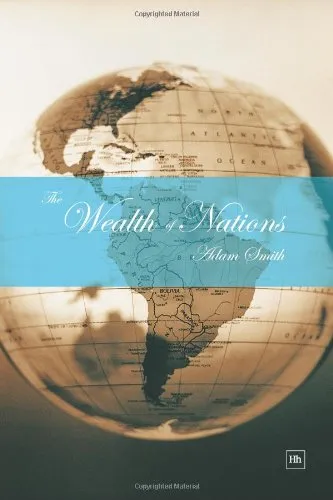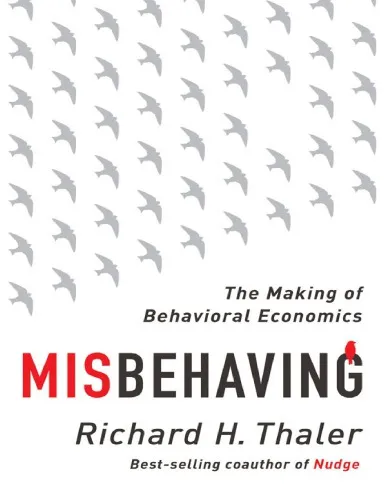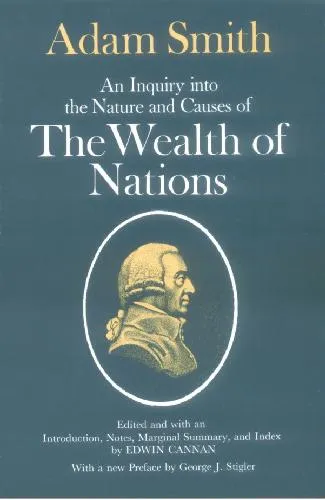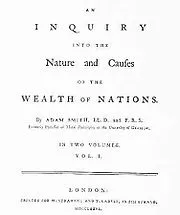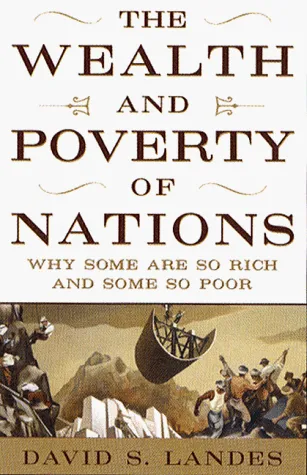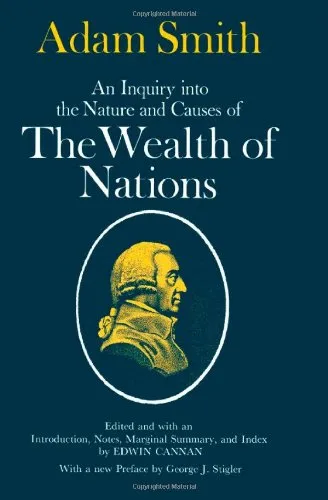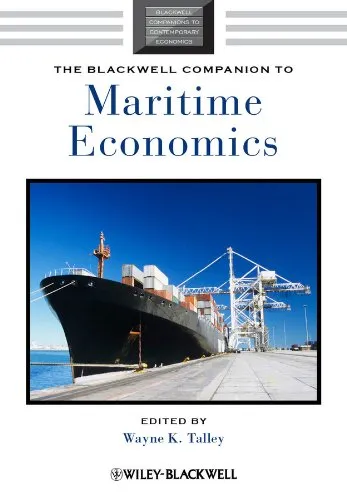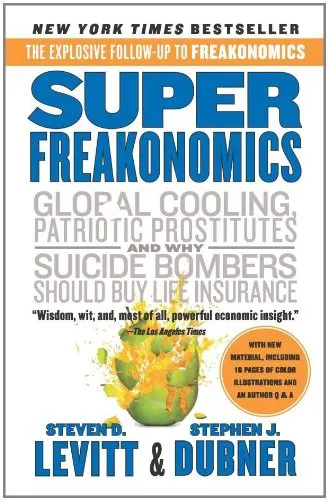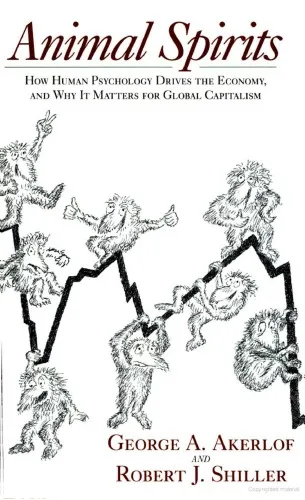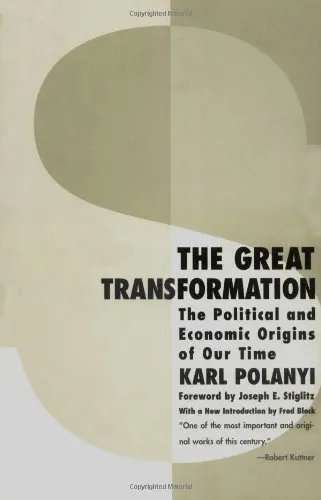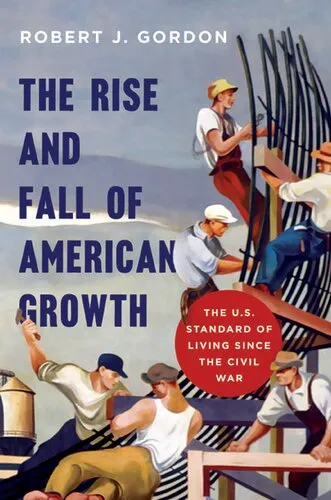The Wealth of Nations: With a Foreword by George Osborne, MP and an Introduction by Jonathan B. Wright, University of Richmond
4.5
Reviews from our users

You Can Ask your questions from this book's AI after Login
Each download or ask from book AI costs 2 points. To earn more free points, please visit the Points Guide Page and complete some valuable actions.Related Refrences:
Introduction
"The Wealth of Nations" by Adam Smith is a seminal work in the field of economics, laying the foundations for modern economic theory. With its groundbreaking ideas and theories, this monumental book fundamentally changed the way we understand market economies, influencing political and economic thought across the globe. Enhanced by a foreword from George Osborne, MP, and an introduction by Jonathan B. Wright from the University of Richmond, this special edition invites modern readers to revisit Smith’s paradigm-shifting text with fresh perspectives.
Detailed Summary of the Book
Published in 1776, "The Wealth of Nations" delves into the nature and causes of national prosperity. Through meticulous analysis, Smith explores topics such as division of labor, productivity, and free markets. He argues that self-interest drives economic progress, turning individual pursuits into societal benefits through the 'invisible hand'. Smith meticulously articulates how specialization improves efficiency and enhances productivity, and how trade and commerce foster economic growth by extending markets and encouraging the exchange of goods and services.
The work also addresses capital accumulation, outlining how savings and investments propel economic development. Smith discusses the role of governments, advocating for their participation in ensuring justice, national defense, and public works. His insights on taxation, public debt, and monetary policy remain pivotal in economic discourse. Smith's magnum opus extends to critiques of mercantilism—the dominant economic doctrine of his time—arguing instead for free trade and minimal governmental interference.
Key Takeaways
- The division of labor enhances productivity and innovation, leading to greater economic prosperity.
- Smith introduces the concept of the 'invisible hand', illustrating how individual self-interest unintentionally benefits society at large.
- Free markets and trade are essential for economic expansion, as they promote competition and efficiency.
- Government's role should be limited to essential functions like national defense, justice, and public infrastructure.
- Smith criticizes mercantilism and protectionism, advocating for policies that promote free trade.
Famous Quotes from the Book
"The division of labor, however, so far as it can be introduced, occasions, in every art, a proportionable increase of the productive powers of labour."
"It is not from the benevolence of the butcher, the brewer, or the baker that we expect our dinner, but from their regard to their own interest."
"By pursuing his own interest, he frequently promotes that of the society more effectually than when he really intends to promote it."
Why This Book Matters
"The Wealth of Nations" remains an essential read for anyone looking to comprehend the principles underpinning capitalist economies. It is heralded not only for its profound impact on economists and policymakers but also because it provides insights into the functioning and development of economies. Over centuries, Smith's advocacy for free markets and competition has transcended time, influencing major economic policies and debates worldwide.
This book matters today as much as it did centuries ago, serving as a reference point in discussions about economic freedom, government intervention, and global trade policies. It lays a framework for understanding economic phenomena and guides contemporary economic thought, ensuring that Adam Smith's legacy endures as an intellectual cornerstone in the study of economics.
Free Direct Download
You Can Download this book after Login
Accessing books through legal platforms and public libraries not only supports the rights of authors and publishers but also contributes to the sustainability of reading culture. Before downloading, please take a moment to consider these options.
Find this book on other platforms:
WorldCat helps you find books in libraries worldwide.
See ratings, reviews, and discussions on Goodreads.
Find and buy rare or used books on AbeBooks.
1392
بازدید4.5
امتیاز0
نظر98%
رضایتReviews:
4.5
Based on 0 users review
Questions & Answers
Ask questions about this book or help others by answering
No questions yet. Be the first to ask!
